10 Emerging Blockchain Use Cases That Will Revolutionise Industries
Blockchain technology is transforming the world as we know it. From finance to healthcare, supply chain to education, distributed ledger technology has the potential to revolutionise every sector. With its inherent transparency, security and immutability characteristics, blockchain has become the go-to technology for businesses looking to improve their operations and create new revenue streams.
In this article, we explore ten emerging blockchain use cases that are poised to transform industries and change the way we live and work.
1. Decentralised finance (DeFi)
Decentralised finance, or DeFi, is a fast-growing sector that relies on blockchain technology. DeFi offers various financial services, such as lending, borrowing, trading and investing, without the need for traditional financial intermediaries such as banks. DeFi's protocols are open source and transparent, allowing anyone to participate and earn a return on their assets.
Some common use cases for DeFi are DEX or Decentralised Exchanges (platforms that allow users to exchange cryptocurrencies and other digital assets without the need for intermediaries or centralised authorities), Stablecoins (cryptocurrencies that are linked to a stable asset such as fiat currency, gold or other commodities, providing users with a stable store of value for their transactions), Automated Market Makers or AMMs (platforms that use algorithms to provide liquidity to trading pairs on decentralised exchanges) and Yield Farming (the process of earning rewards by betting or lending digital assets on DeFi platforms).
2. Supply chain management
Blockchain technology revolutionises the supply chain industry by providing transparency, traceability and accountability. With blockchain, companies can track the movement of goods from the point of origin to the final destination, reducing the risk of fraud, theft and counterfeiting. This makes it easier for companies to comply with regulations, improves customer satisfaction and reduces costs.
3. Identity verification
Blockchain-based identity verification systems are gaining popularity as they offer a secure and decentralised way to verify the identity of individuals. Unlike traditional identity verification systems, which rely on centralised databases and intermediaries, blockchain-based systems use cryptography to verify the authenticity of data. This means that identity data can be stored in a distributed database rather than on a single server, reducing the risk of data being compromised by a hacker attack. In addition, once data has been recorded on the blockchain, it cannot be modified, increasing confidence in the information's authenticity.
4. Real estate
Blockchain technology is being used to streamline buying and selling real estate. Through smart contracts, buyers and sellers can automate the property transfer process, reducing the need for intermediaries and minimising risk.
5. Voting systems
Blockchain-based voting systems offer a transparent, secure and tamper-proof way of conducting elections. Using blockchain technology, voters can ensure their votes are counted accurately, and election results cannot be manipulated. All this is done through DAOs or Decentralised Autonomous Organisations. These organisations are governed by rules encoded in smart contracts on a blockchain rather than by a centralised authority. Decisions are made by consensus of the members. DAOs typically have a joint mission or goal agreed upon by all members, and decisions are made through a voting process that is transparent and open to all members. DAOs are used in various industries and sectors, such as gaming, art and social impact initiatives.
6. Healthcare
Blockchain technology is being used to create secure and decentralised healthcare data exchanges. This allows patients to control and share their health data securely with healthcare professionals. By using blockchain, healthcare professionals can access patient data in real-time, resulting in better patient outcomes.
7. Intellectual property
Blockchain technology is being used to create a decentralised database of intellectual property rights. Using blockchain, creators can register their works and have proof of ownership, making it easier to enforce copyright laws and prevent infringement. This is materialised with NFTs or Non-Fungible Tokens.
NFTs are digital assets that represent ownership of a unique item or content, such as artwork, music, videos or other types of creative works. Each NFT is unique and cannot be replicated. Each NFT contains a unique identifier stored on the blockchain, along with metadata describing the content it represents. This metadata can include information about the creator, creation date, and ownership and transaction history. One of the main advantages of NFTs is that they offer creators a new way to monetise their work and maintain control over their intellectual property. NFTs allow creators to sell their works directly to collectors without the need for intermediaries such as galleries, auction houses or record labels.
8. Energy trading
Blockchain technology is being used to create peer-to-peer energy trading platforms. Using blockchain, individuals and companies can buy and sell energy directly from each other, reducing the need for middlemen and lowering costs.
9. Gaming
Blockchain technology is being used to create decentralised gaming platforms that allow players to own and trade gaming assets. This creates a new revenue stream for players and provides a more immersive gaming experience.
10. Education
Blockchain technology is positively affecting the education sector. For example, immutable records of academic degrees, certificates and diplomas can be maintained and cannot be tampered with or altered. This makes verifying the authenticity of academic records easier and eliminates the need for intermediaries such as third-party verification agencies. This can be especially beneficial for universities and other institutions that need to store large amounts of academic data, as well as for employers who need to verify the credentials of job applicants.
In conclusion, blockchain technology is set to revolutionise industries and create new opportunities for businesses and individuals. From finance to healthcare, supply chain to education, the potential use cases for blockchain are limitless. By adopting blockchain technology, businesses can increase efficiency, reduce costs and create new revenue streams. It is clear that blockchain is the future, and those who adopt it will be the ones who thrive in the coming years.
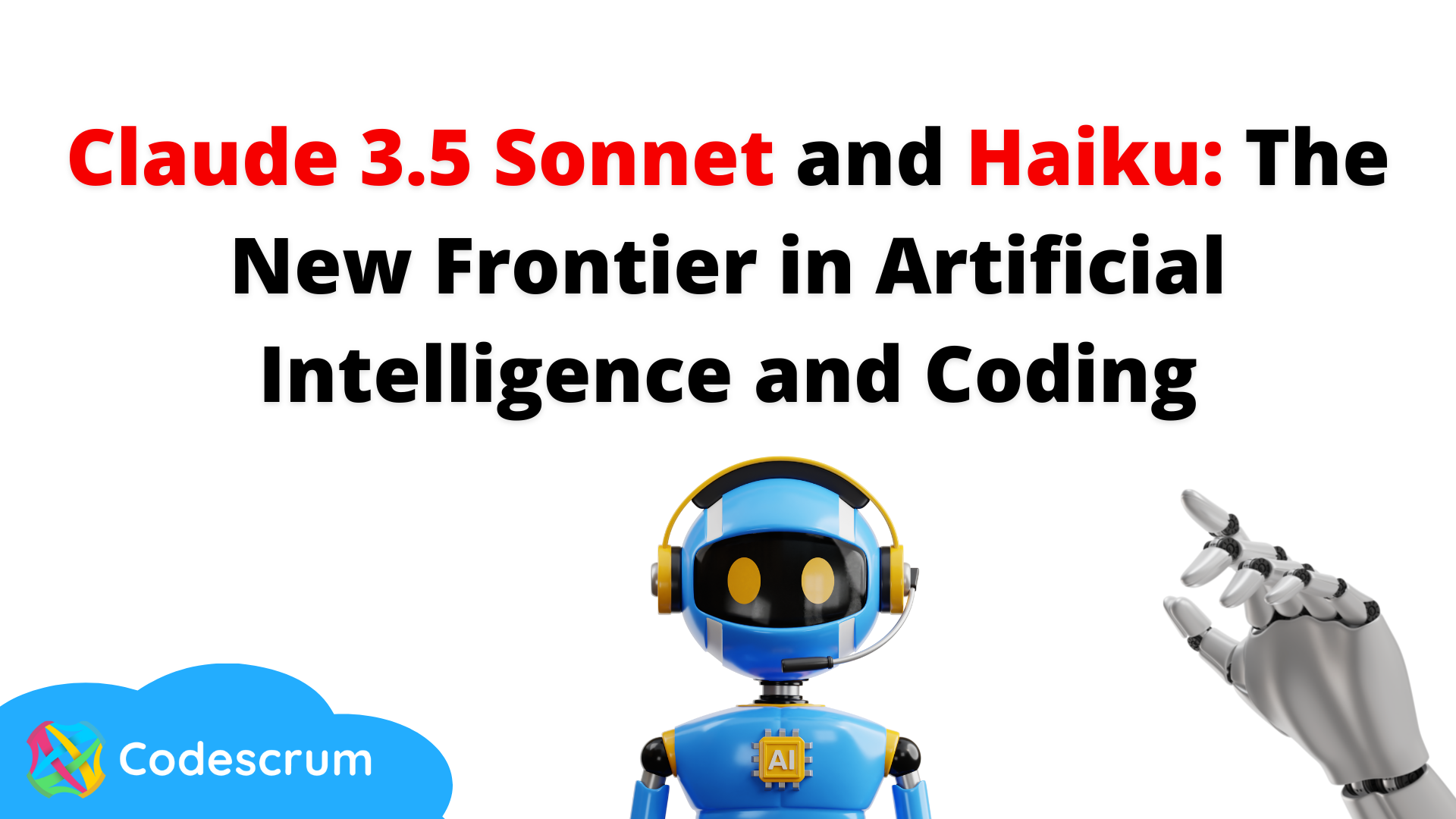

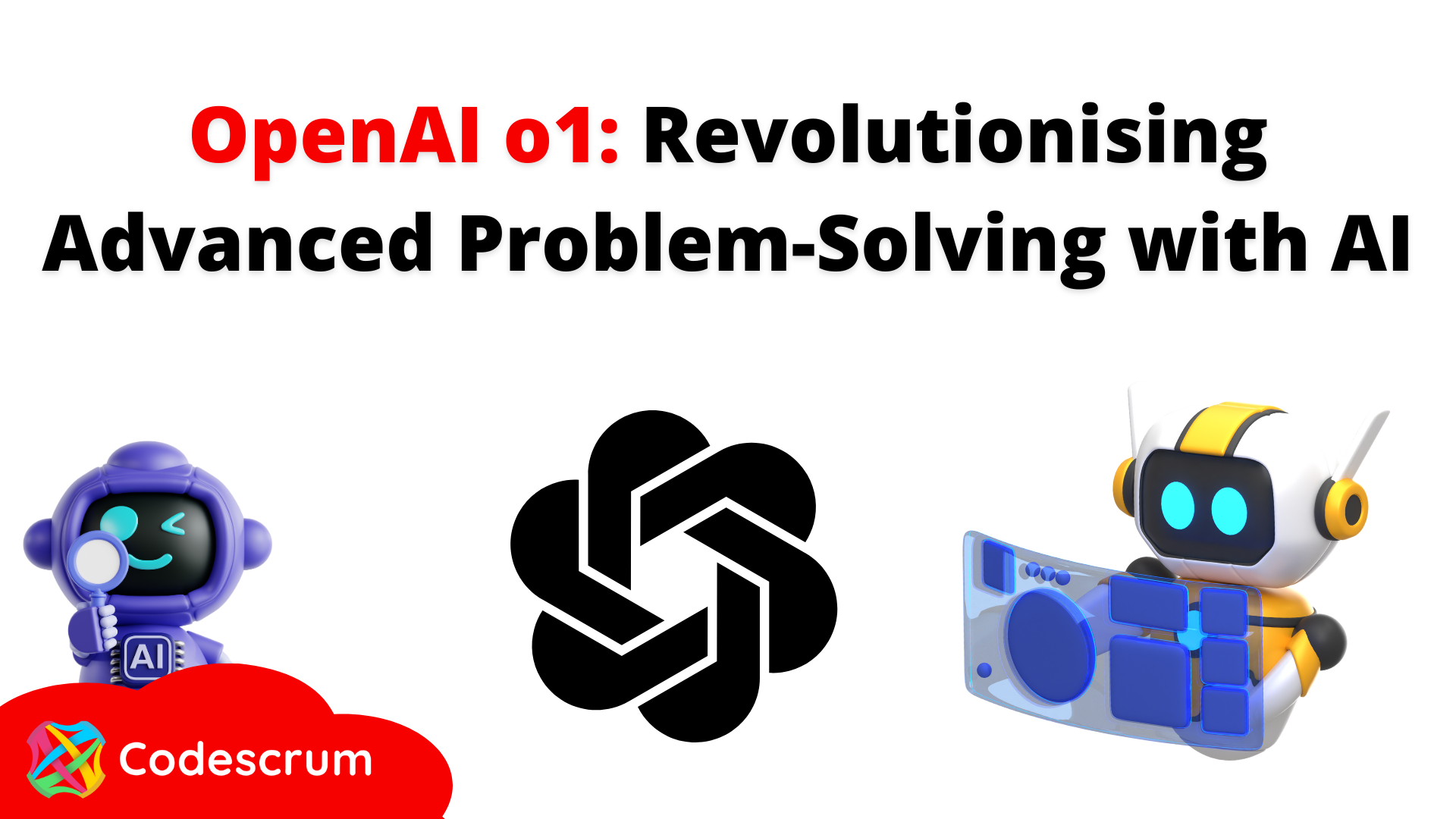
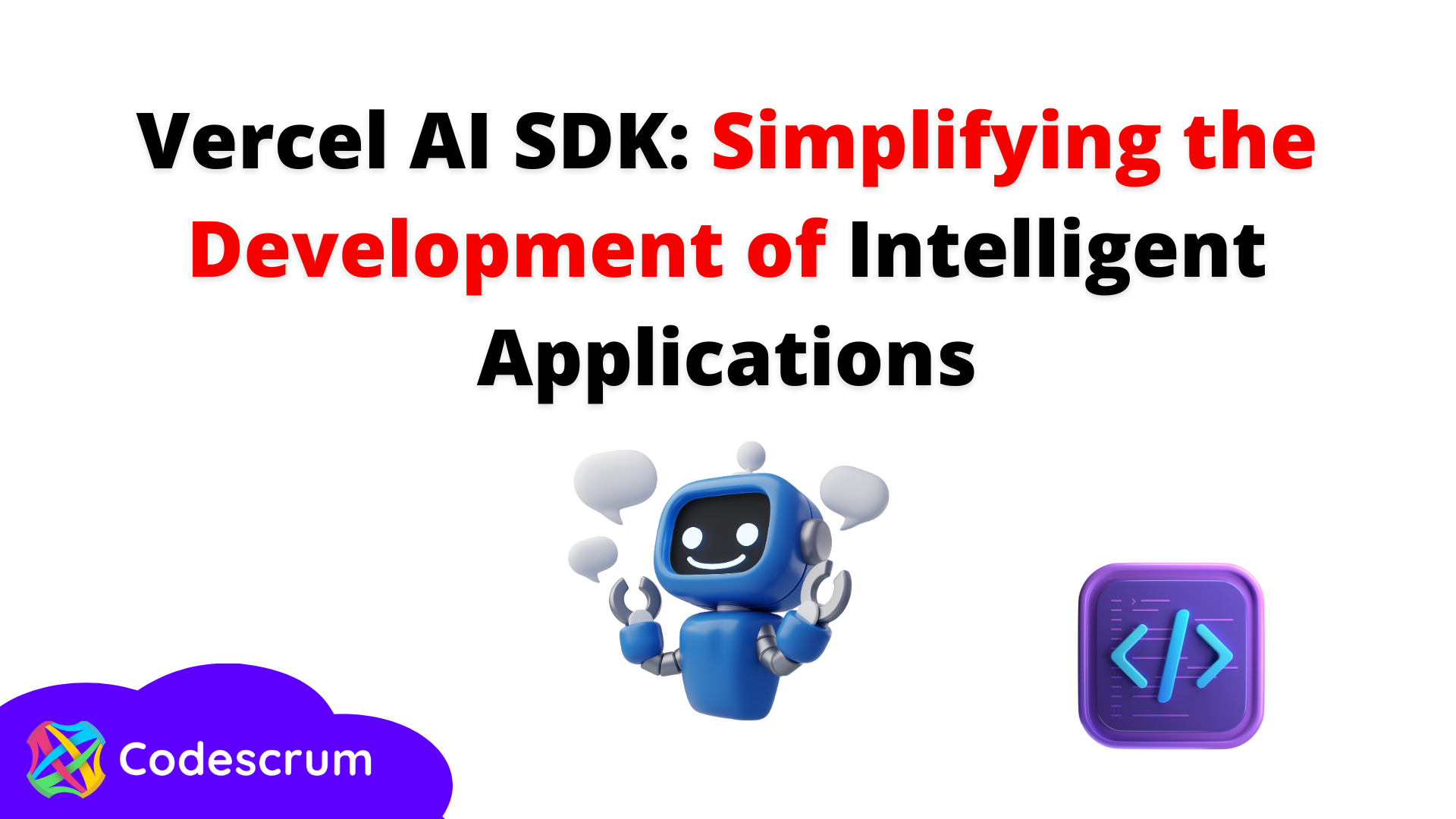
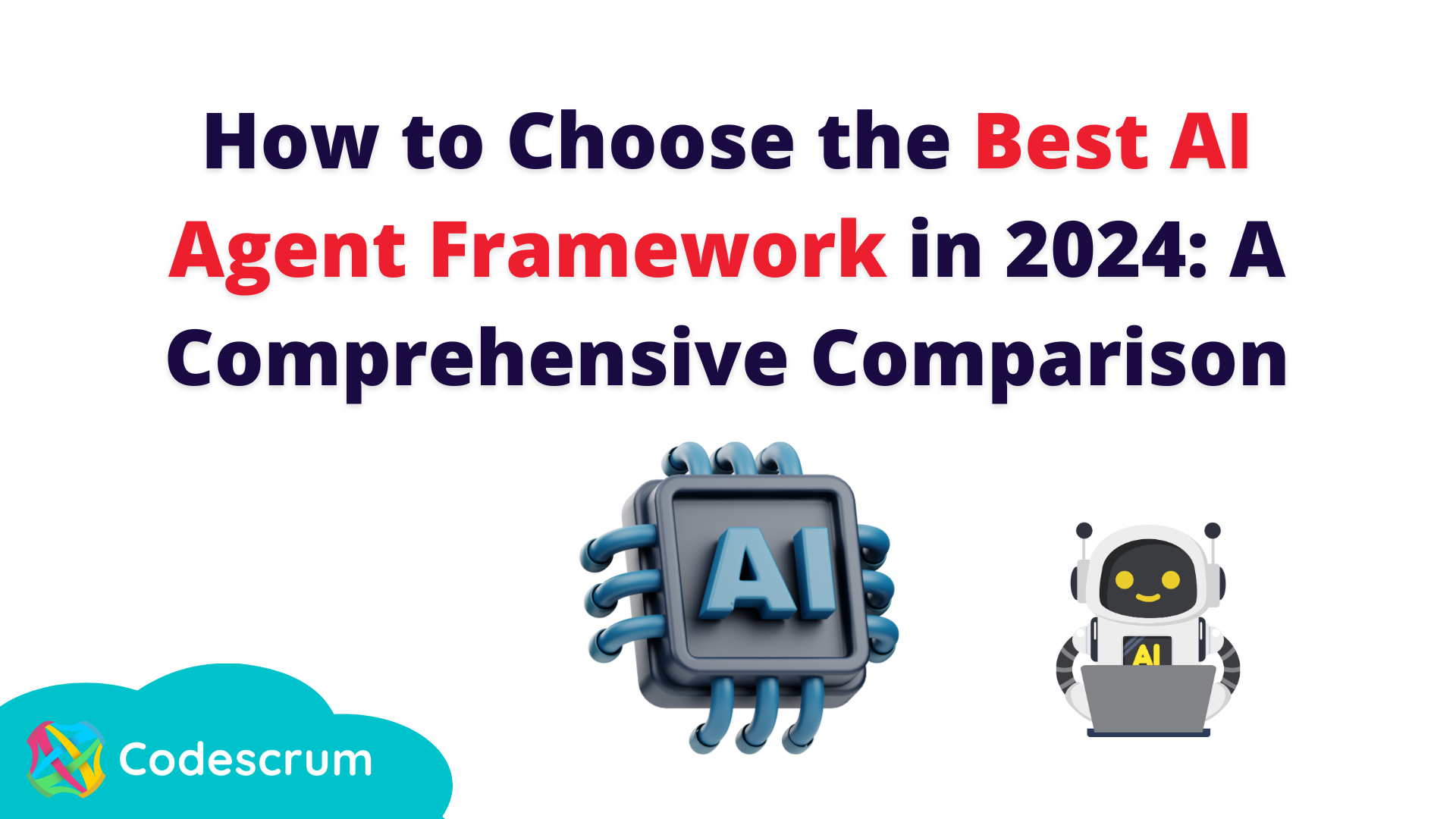
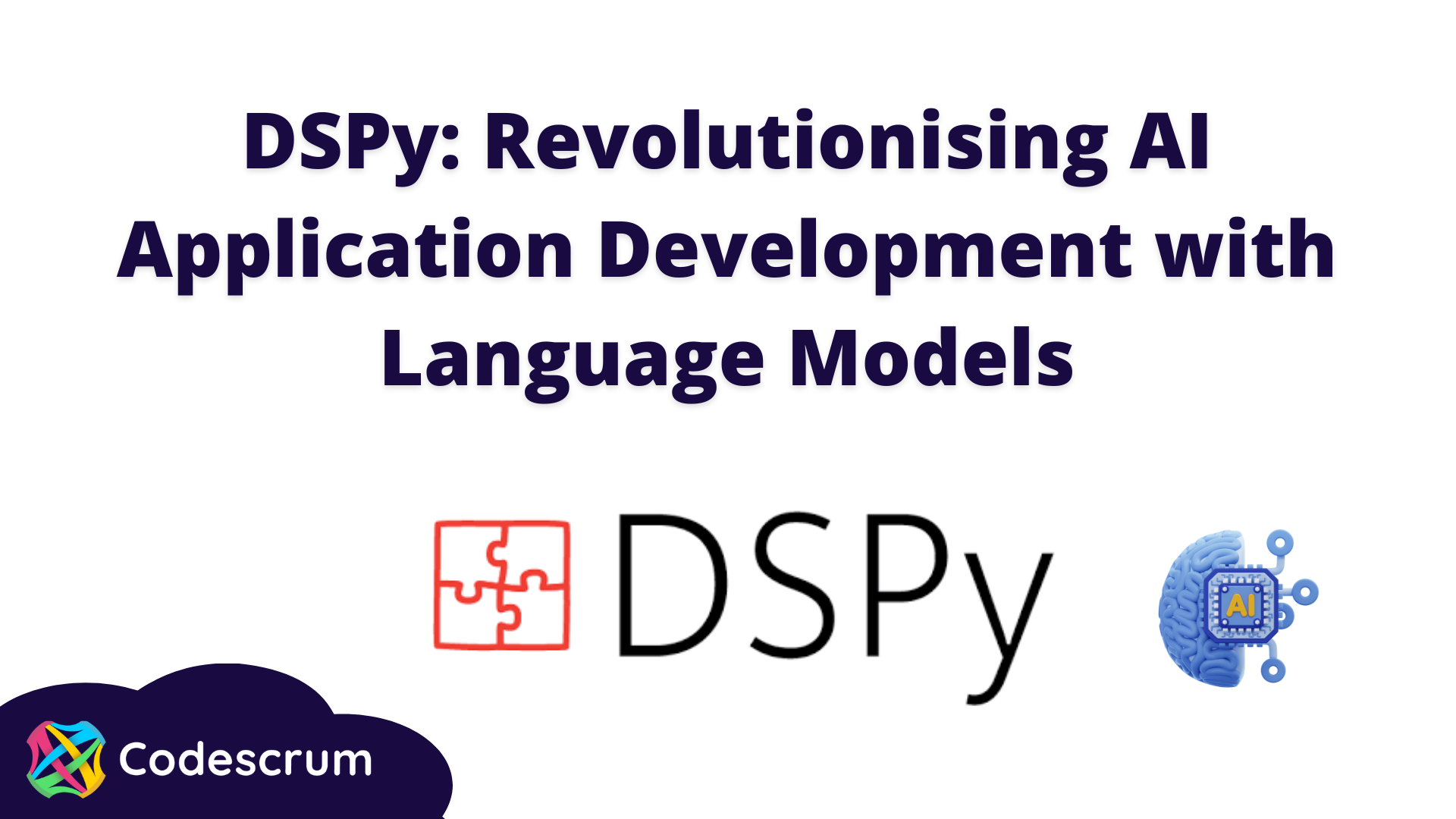
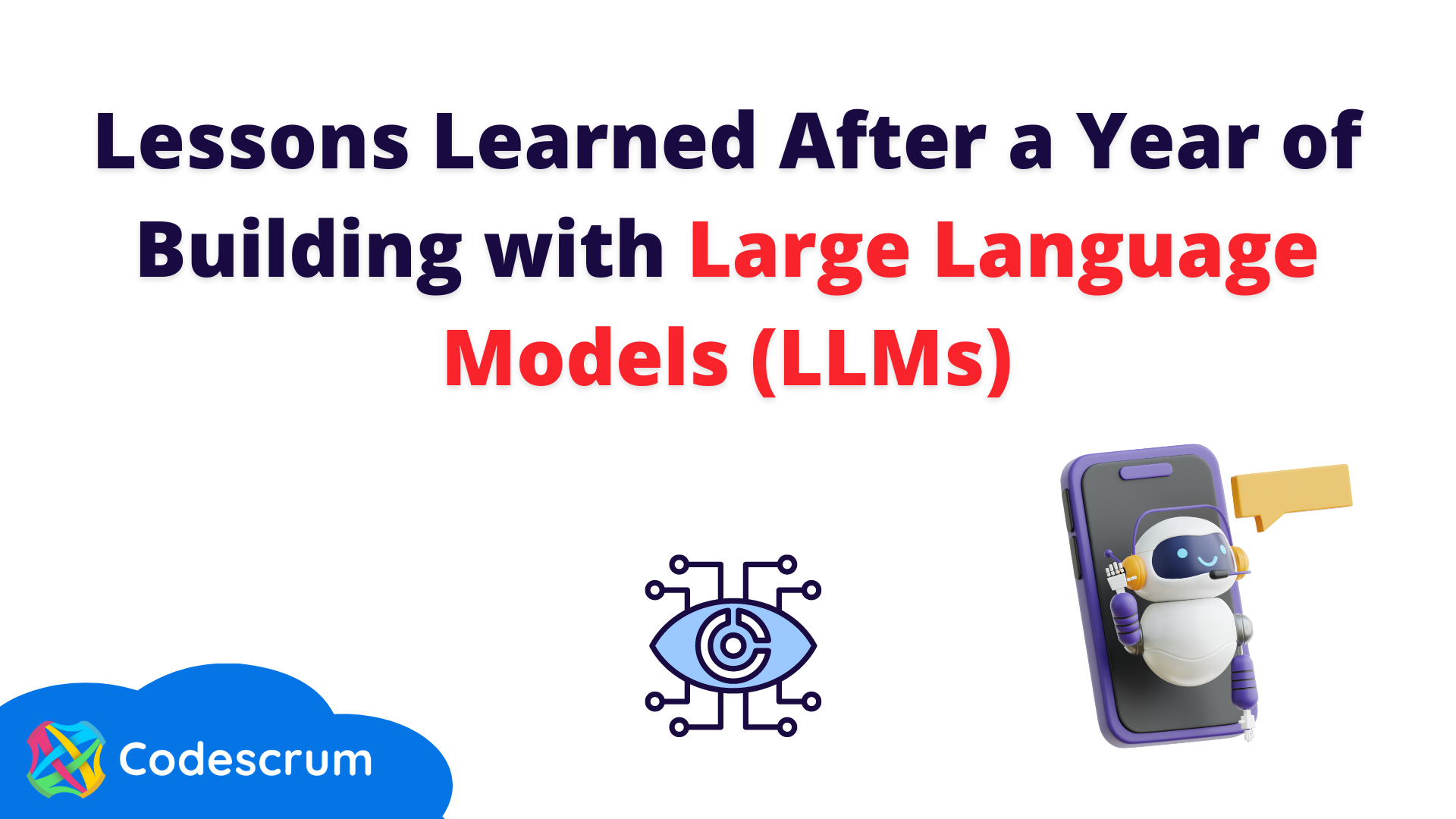
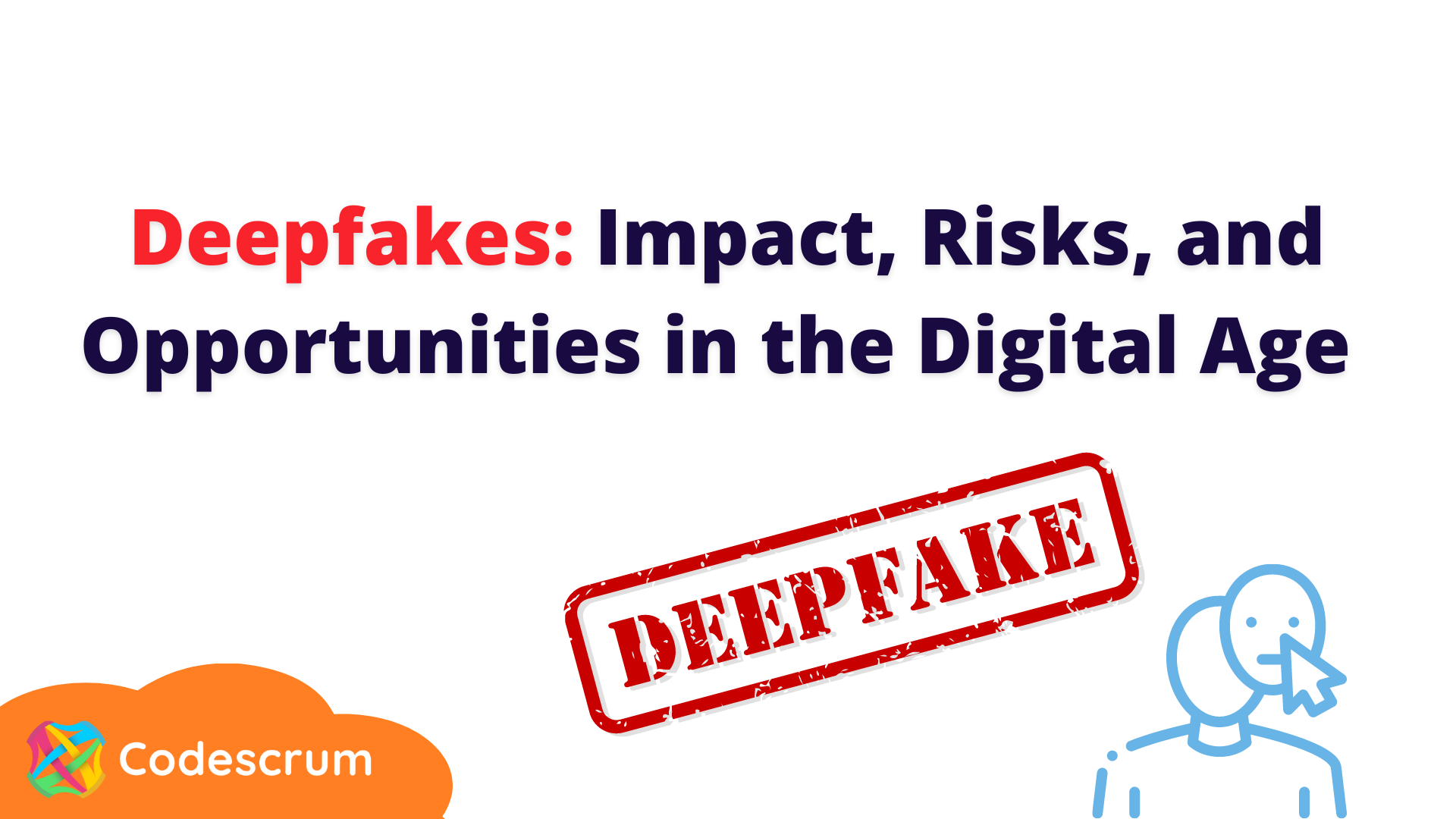
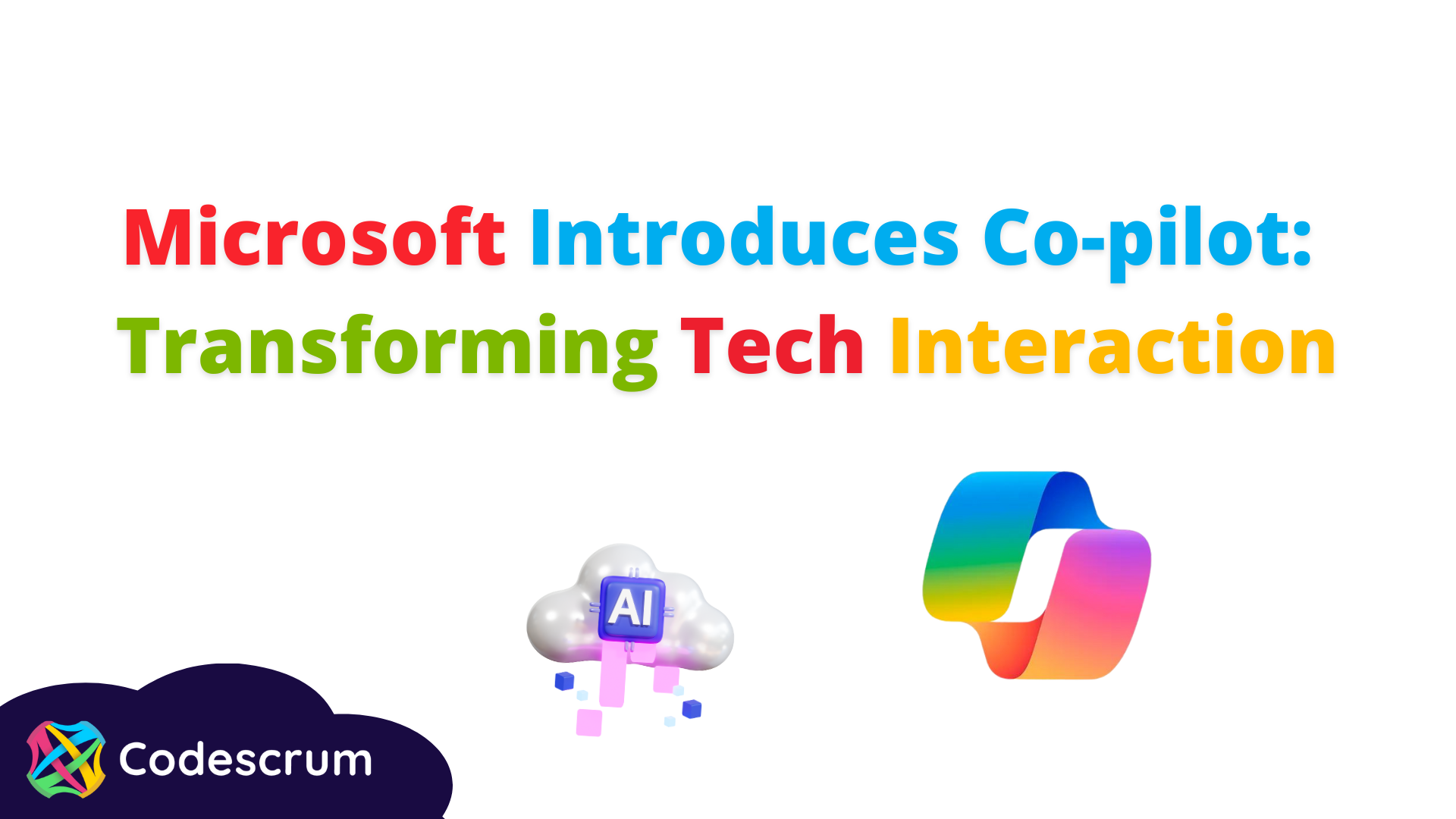
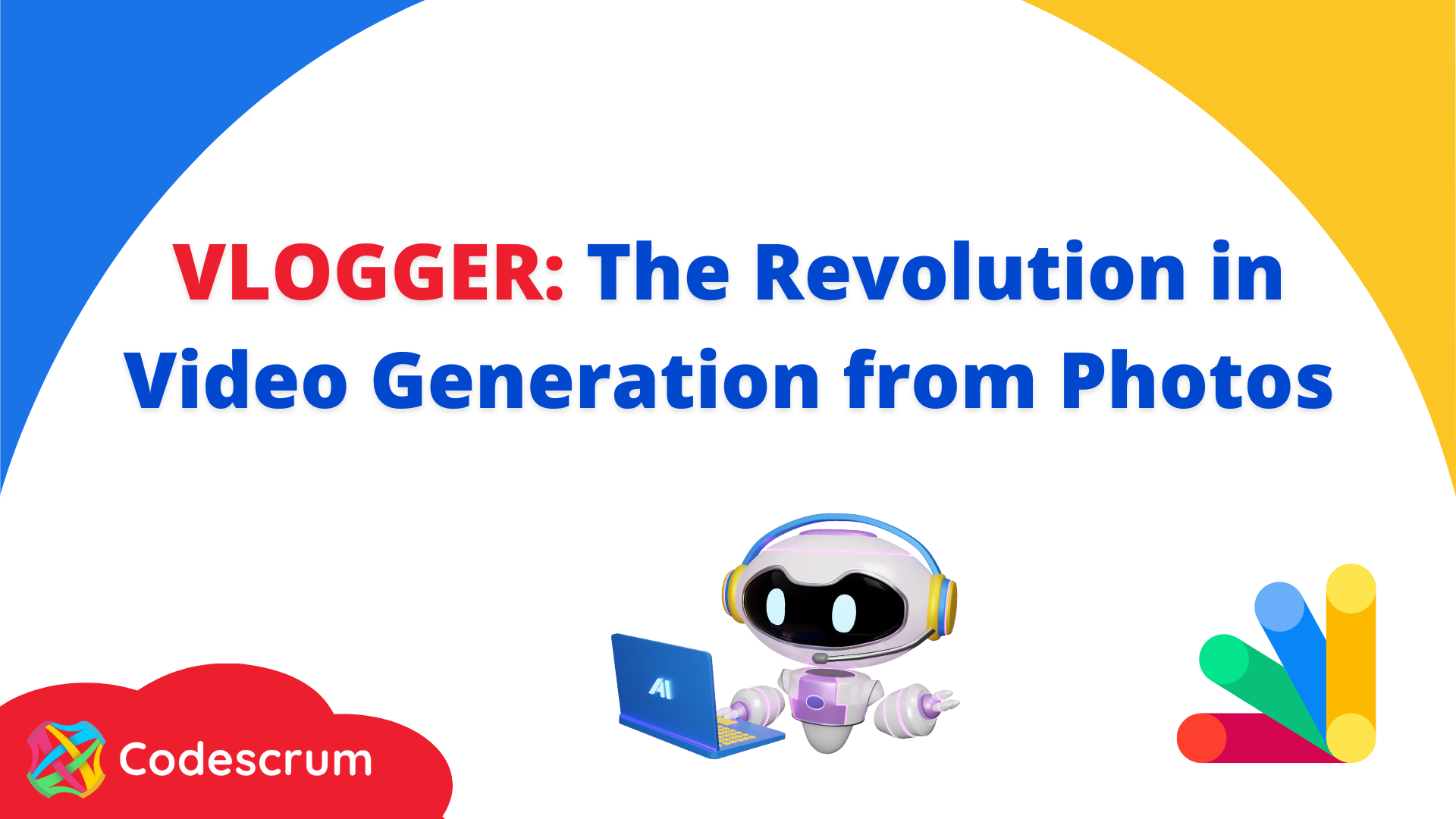
CODESCRUM

ABOUT US
EMPOWER YOUR BUSINESS THROUGH GREAT SOFTWARE SOLUTIONS
Codescrum is a team of talented people who enjoy building software that makes the unthinkable possible.
We want to work for a better world that we can help create by making software that delivers impact beyond expectations.
SERVICES
- WEB DEVELOPMENT
- MOBILE DEVELOPMENT
- AI CHAT BOT development
- consulting & advisory
CONTACT US
LONDON
ADDRESS
- KINGS PLACE, 90 YORK WAY. LONDON N1 9AG
CLOSEST TUBE STATIONS
- KING'S CROSS STATION
Ⓒ CODESCRUM LTD 2011 - PRESENT, ALL RIGHTS RESERVED


